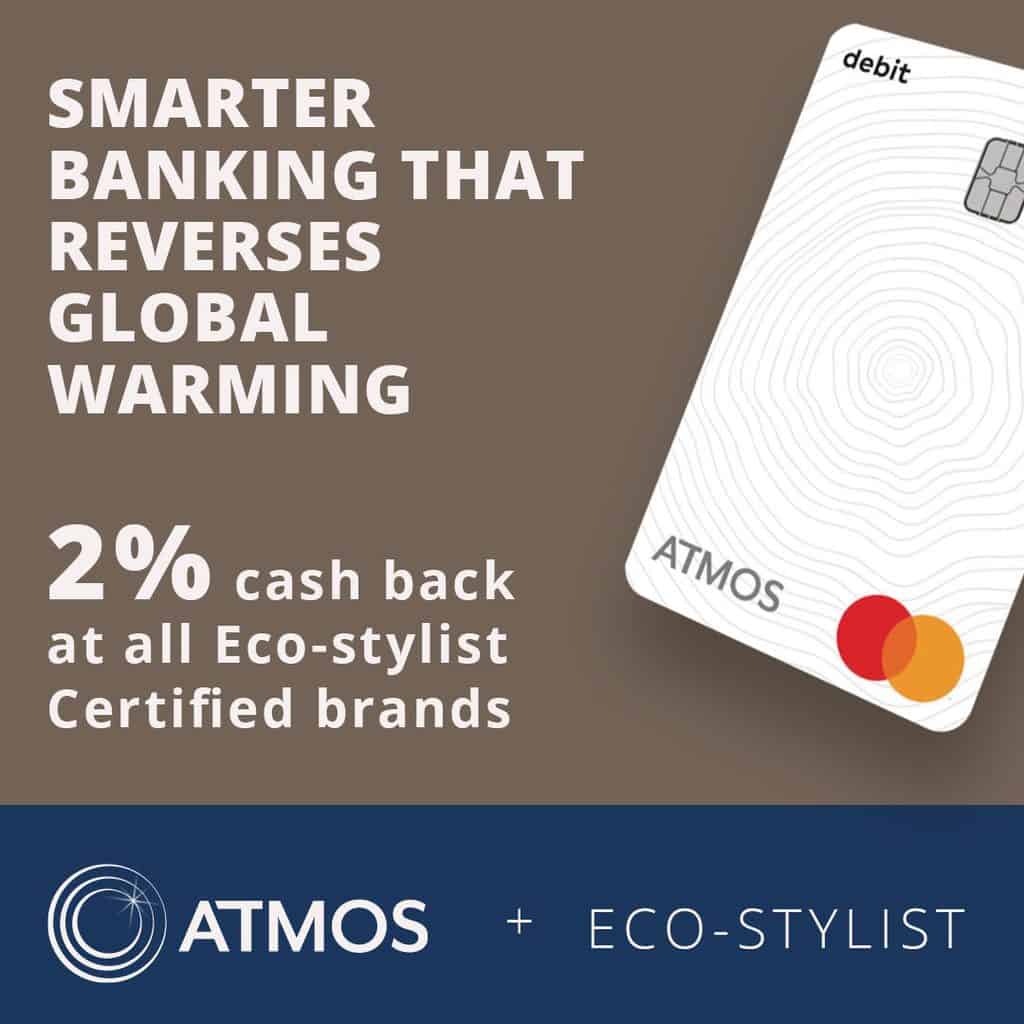With the rise of ethical fashion, many fashion brands are attempting to grow their audiences by using greenwashing techniques. Greenwashing is when a brand claims that their clothing is sustainable in order to get you to buy from them, when in fact they are not all that sustainable.
A customer with good intentions can be led astray by brands exaggerating their sustainability efforts. One example of greenwashing is labeling clothes with certifications that might make them seem more ethical than they really are.
However, certifications can also help you know which brands are actually ethical and sustainable. To help you become a more informed consumer, we’ve broken down sustainable fashion certifications into four easily digestible categories: holistic, labor, environment, and vegan.
HOLISTIC
Eco-Stylist
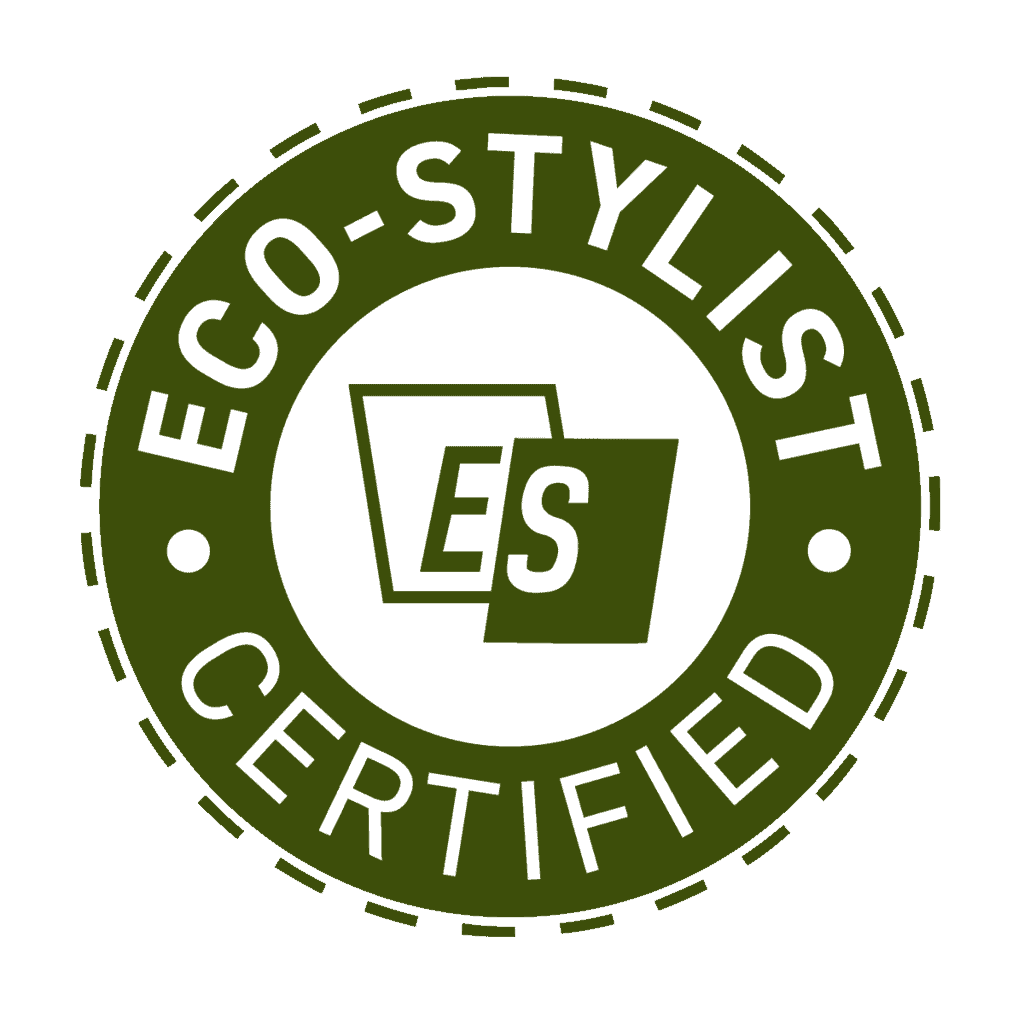
Eco-Stylist believes that for sustainable fashion to become the norm the products must meet and exceed the quality and aesthetic of conventional fashion. For that reason, any Eco-Stylist approved brand is first evaluated to meet that standard.
Our sustainable brand criteria works on a point system from 0 to 100 points, where brands need 50 or above to pass. The criteria has 3 main categories: transparency, fair labor, and sustainably made.
When evaluating brands with our criteria we take into account any and all certifications mentioned in this guide including Fair Trade, SA8000, GOTS, Bluesign, WRAP, and more.
Takeaways: This holistic approach to sustainability includes high environmental and ethical standards, making approved brands among the most sustainable brands out there.
B Corporation

B-Corporation, or B-Corp for short, measures both environmental and social impacts from participants. To be certified by B-Corp, a company needs to achieve a minimum verified score on the B Impact Assessment, which is a rigorous evaluation of a company’s impact on its workers, customers, community, and environment. B-Corp’s ranking system allows brands involved to better themselves, but it is worth noting that there are no clear standards that consumers can verify. B Corp is focused on identifying brands that want to do good.
Takeaways: When it comes to B Corporations, they’re essentially social good companies with social missions built into their core. It’s a great starting point, however, you can’t infer that a fashion brand is ethical and sustainable because they are B Corp certified. See our rating of Allbirds for an example of why.
Sustainable Apparel Coalition

The Sustainable Apparel Coalition (SAC) provides guidance through the Higg Index to encourage apparel, footwear, and textile industries to incorporate sustainable practices. The tools created by the SAC measure the impact on the environment, society, and labor by type of industry. With the data provided by the SAC an industry can then “address inefficiencies, resolve damaging practices, and achieve the environmental and social transparency consumers are demanding.”
Takeaways: While the SAC provides guidance to industries that want to incorporate sustainable practices, that doesn’t mean that they can enforce those guidelines or totally guarantee that they’re being followed.
The Higg Index
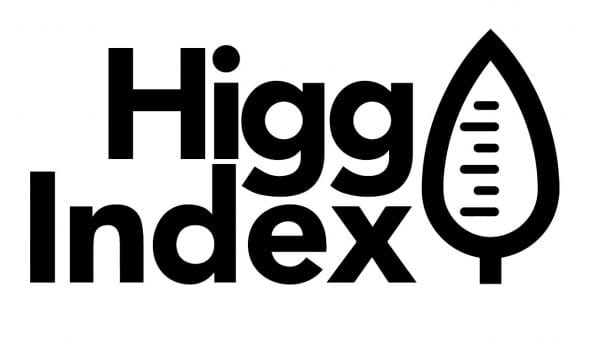
The Higg Index was developed by the Sustainable Apparel Coalition and sets a non-binding, holistic standard that measures social and environmental impact on the value of goods made by brands, retailers, and facilities.
Takeaways: The Higg Index isn’t a certification, it isn’t necessarily useful for consumers, but it can be useful for brands when they evaluate themselves.
LABOR
Fair Trade Certified
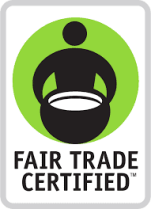
Fair Trade focuses on economic empowerment and sustainable living. This is done by working closely with producers and companies to ensure that the people making Fair Trade Certified goods have safe working conditions, protect the environment, build sustainable livelihoods, and earn additional money so that they can empower their communities. Being Fair Trade Certified means abiding by rigorous standards that are tailor made for each industry to ensure that everyone is working together towards the same goals. Fair Trade is best for identifying brands who place an emphasis on garment laborers in their supply chains.
Takeaways: Buying a Fair Trade certified product or from a brand that uses a Fair Trade certified factory means no slave labor, no child labor, safe and fair working conditions, and fair pay. Fair Trade certified factories also have to do work on the environmental side like invest in water efficient technology, waste reduction, and reduced chemical usage. One thing to look out for: if a product has Fair Trade certified sewing it means the final stage of manufacturing is certified but not the stages prior, so you should also look for certifications for the raw materials such as GOTS.
SA8000 Standard
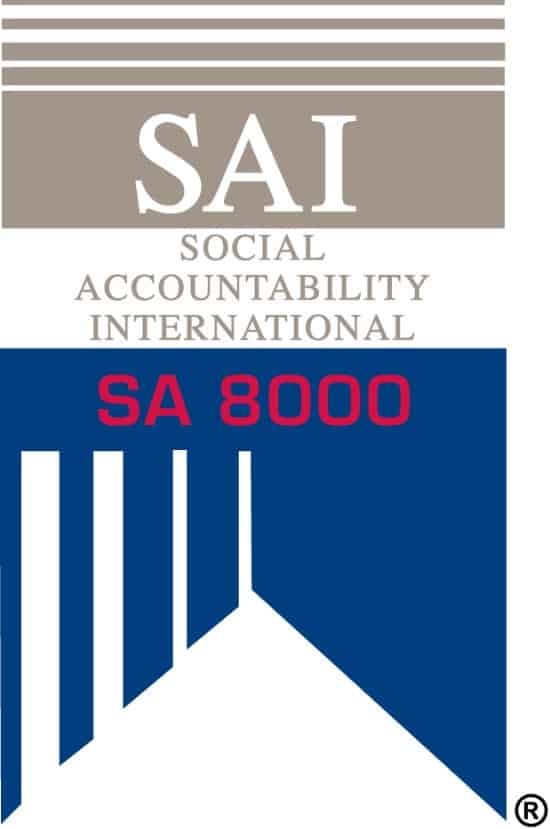
SA8000 Standard was established by Social Accountability International in 1997 with the intention to set ethical standards for workers without compromising business interests.
The Standard has evolved in order to ensure that both human and social rights issues are addressed when a company is certified as treating its workers fairly. The nine elements that the Standard covers are child labor, forced or compulsory labor, health and safety, freedom of association and right to collecting bargaining, discrimination, disciplinary practices, working hours, remuneration, and management systems.
Takeaways: Brands with SA8000 Standard pay their workers living wages and have health and safety standards for their workers in line with ILO (International Labour Organization) standards.

WRAP
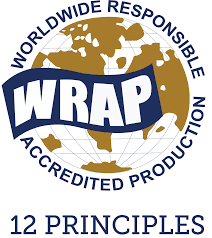
The World Responsible Accredited Production (WRAP) is an independent certification that scrutinizes forced labor, lack of benefits for employees, and discrimination in the workplace. WRAP is mainly focused on the apparel, footwear, and sewn product sectors. WRAP has twelve principles that outline compliance with the law and workplace regulation. These principles aim to prohibit child labor, forced labor, harassment, and abuse in addition to ensuring compensation, benefits, and regular hours of work. They also seek to protect the environment, provide conditions of safety to workers, respect workers rights to freedom of association and collective bargaining, and comply with the customs laws and security. WRAP measures these standards and businesses are then ranked at either platinum, gold, or silver certification. WRAP works at a high level of scrutiny with a zero tolerance policy.
Takeaways: WRAP certification ensures safe working conditions, no slave labor, no child labor, and freedom of association and collective bargaining. It does not promise a living wage. It’s important to remember that there are three certification levels and to check which one a company has.
Ethical Trading Initiative
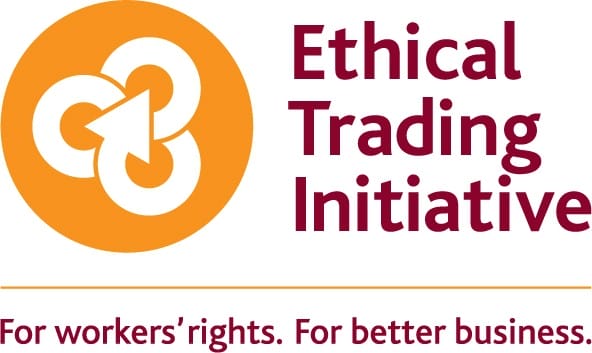
The Ethical Trading Initiative, also known as the ETI, is made up of companies, trade unions, and non governmental organizations that work together to promote the rights of workers through lobbying and assisting brands in creating and enforcing fair codes of labor.
The ETI Base Code covers freedom of employment, freedom of association, and the right to collective bargaining. The ETI Base Code also ensures that working conditions are safe and hygienic, child labor is prohibited, living wages are paid, discrimination is prohibited, employment is regular, work hours are limited. Harsh or inhumane treatment is also prohibited by the ETI Base Code.
Takeaways: When considering buying from companies in the ETI, it’s important to remember that even though they are working towards a good goal and have great initiatives, there are brands like H&M who pass because of the ETI’s low level of scrutiny.
The Social Accountability Accreditation Services
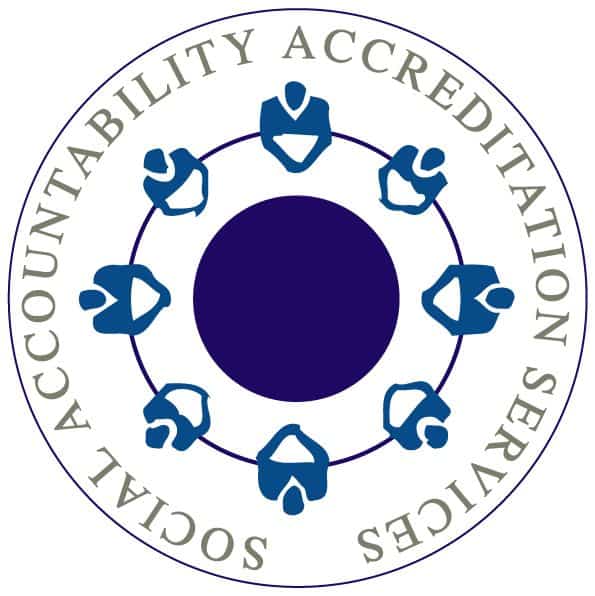
The Social Accountability Accreditation Services (SAAS) have rigorous evaluation and quality assurance systems. SAAS oversees and verifies the activities undertaken by their clients in order to maintain social accountability standards and codes. SAAS works to support businesses in improving the workplace environment through implementation of social responsibility, accountability, and transparency in businesses and organizations.
Takeaways: A brand or company that is certified by SAAS is working towards improving how they run their business. Not only that, but because of the rigorous evaluation and quality assurance systems that SAAS employs, you know that the brand or company is actually changing for the better.
Fair Wear Foundation

Fair Wear Foundation focuses specifically on the sewing and trimming processes of garment production. They work with brands, consumers, business associations, trade unions, governments, and NGOs to create standards in order to have fairer conditions in the garment industry. Fair Wear Foundation uses independent third parties to check business practices at three different levels.
Through brand performance checks, factory floor audits, factory training, and a complaints helpline they work with brands to create fairer standards. While the Fair Wear Foundation works to resolve all the problems that arise in factories, it is up to members who are part of the Fair Wear Foundation, not just third-parties, to monitor their supply chains and change their management and business practices to promote better working conditions and solve the problems that they find.
Takeaways: A brand certified by the Fair Wear Foundation is working to make the conditions of their workers better, but a lot of these changes rely on the brand themselves which means the changes may or may not actually be happening. If a brand works with Fair Wear Foundation check to see if they make the reports public so you can dive deeper.
ENVIRONMENT
GOTS
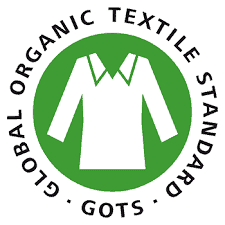
GOTS stands for Global Organic Textile Standard. Not only does it demonstrate that a fabric is certified organic, but it also tells a much bigger story. GOTS certification ensures that the whole supply chain meets strict social and environmental standards. This means that everything from the raw materials to the finished product are included in the certification.
A few examples of considerations in the GOTS certification are: labor, chemicals used, fiber type, wastewater treatment, and packaging. GOTS considers “fair labor” to be fair wages, no child labor, and no slave labor.
GOTS also unifies standards between countries and currently monitors 1.4 millions workers in 4,600 factories worldwide. It is one of the most trustworthy certifications because it is very thorough.
Takeaways: If you buy from a company that is GOTS certified, then you know not only that the cotton is organic, but the whole process of making the cotton is ethical and sustainable.
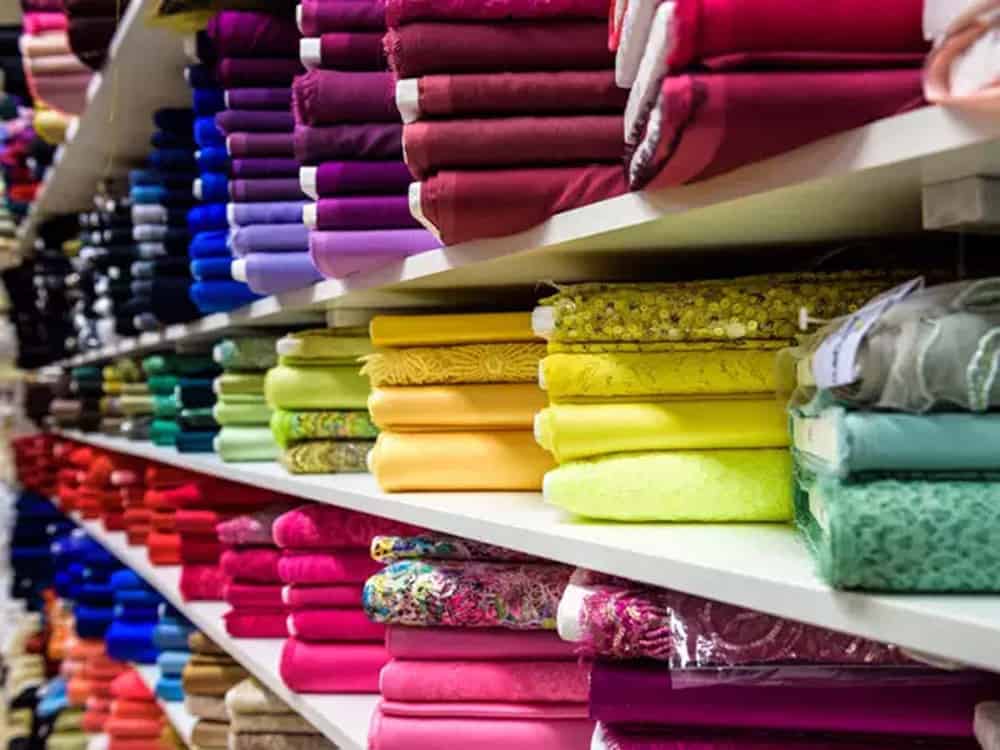
Bluesign Standard

The Bluesign standard is awarded to textile manufacturers who provide a safe working condition for their employees and who work to minimize their ecological footprint. Bluesign takes the environmental impact of all steps in textile manufacturing into account. From waterway pollution to air pollution, Bluesign certified textiles keep workers, consumers, and surrounding communities safe.
Takeaways: When buying a product that is certified by the Bluesign Standard, you know it achieved one of the highest rankings for worker and environmental safety.
Cradle to Cradle Standard
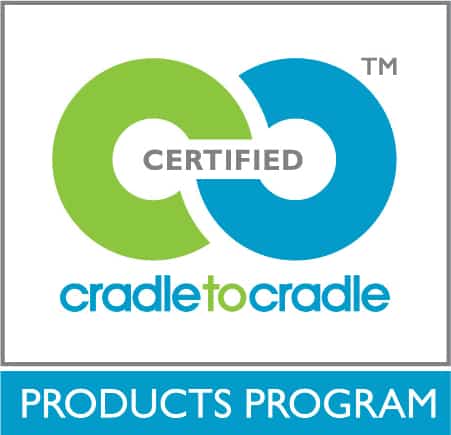
The Cradle to Cradle Standard looks at products through five quality categories: material health, material reutilization, renewable energy and carbon management, water stewardship, and social fairness. After a product is assessed, it is rated basic, bronze, silver, gold, or platinum in each category. The lowest score that a product receives in any category is the overall score for a product’s certification. Cradle to Cradle is not only focused on the ethics of how products are made, but also on the end-of-life impact that certified products have.
Takeaways: The Cradle to Cradle standard is a good way to know not only how a product was made, but that it was designed to reduce waste and stay out of the landfill.
The Standard 100

The Standard 100 is set by Oeko-Tex (International Association for Research and Testing in the Field of Textile and Leather Ecology). This is a standard that ensures materials used in textile manufacturing are not harmful to humans. By monitoring and assessing dyes, fabrics, chemicals, and other manufacturing materials, the Standard 100 ensures consumer and worker safety.
Takeaways: Clothes made by brands that have the Standard 100 certification are safer for the people who made the clothes and were made with less harmful chemicals.
Global Recycled Standard
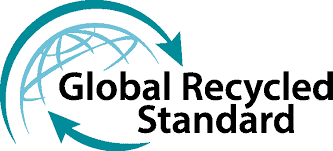
The Global Recycled Standard or GRS is an international, voluntary standard enforced by the Textile Exchange that tracks recycled raw materials throughout the supply chain. With the goal of enforcing and ensuring that at least 5% of recycled products are actually used in products that claim to contain them, the GRS works to provide consumers with the assurance and confidence to make informed decisions.
Takeaways: GRS is a good way for consumers to know the products they are buying actually contain recycled materials.

Leather Working Group
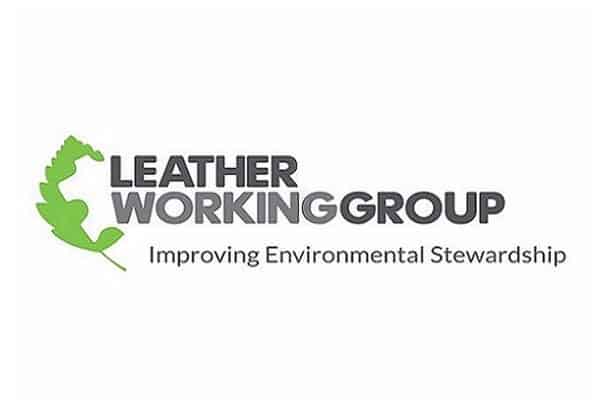
Leather Working Group or LWG approves and rates leather tanneries and traders with either gold, silver, or bronze rankings based on their adherence to guidelines that work to protect the environment. LWG conducts audits that take into account waste management, water consumption, energy expenditure, and much more. The audits conducted by LWG are all done by third parties using a consistent set of standards.
Takeaways: A company or product certified by LWG uses leather that is sourced more sustainably.
Better Cotton Initiative
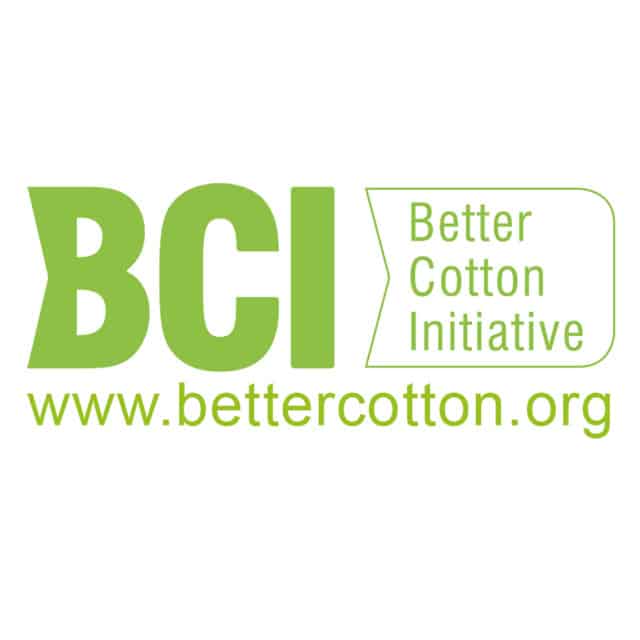
The Better Cotton Initiative or BCI is a non-profit organization and the largest cotton sustainability program in the world. BCI works to make global cotton production better for the people who produce it, better for the environment it grows in and better for the sector’s future. BCI strives to do this by setting a clear criteria for participants, the BCI ensures and encourages companies to incorporate environmental, social, and economic fairness.
Takeaways: When considering clothes made with BCI cotton, they are not only sourced more sustainably but also more ethically. Just note that BCI cotton isn’t as sustainable as organic cotton.
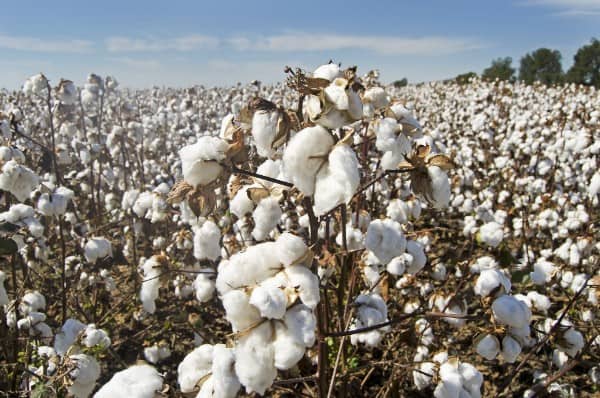
Forest Stewardship Council

Forest Stewardship Council or FSC is a global not-for-profit organization that works to keep forests safe. They work with forests, supply chains, retailers and many others in order to make sure that the 10 FSC principles are met. An FSC certified forest ensures that the product comes from a responsibly managed forest and supply chain.
Takeaways: Companies and products certified by the FSC are made with sustainable forest practices, but they may not be sustainable in their water usage or other materials.
Canopy
Canopy is an international non-profit organization that works with over 750 different companies to develop business solutions that help protect forests. Canopy fosters innovation in the supply chain by providing solutions ranging from policy development to straw paper and pulp products. They also provide alternative fibers for clothing, recycled pulp and paper, forest product certifications, and they are Ancient Forest Friendly, which means that they represent the highest ecological qualities in the paper industry. Canopy certification can be awarded to both textile and paper suppliers.
Takeaways: A brand featuring Canopy certification isn’t necessarily sustainable, but the raw materials that are Canopy certified are sourced more sustainably.

Eco-Cert
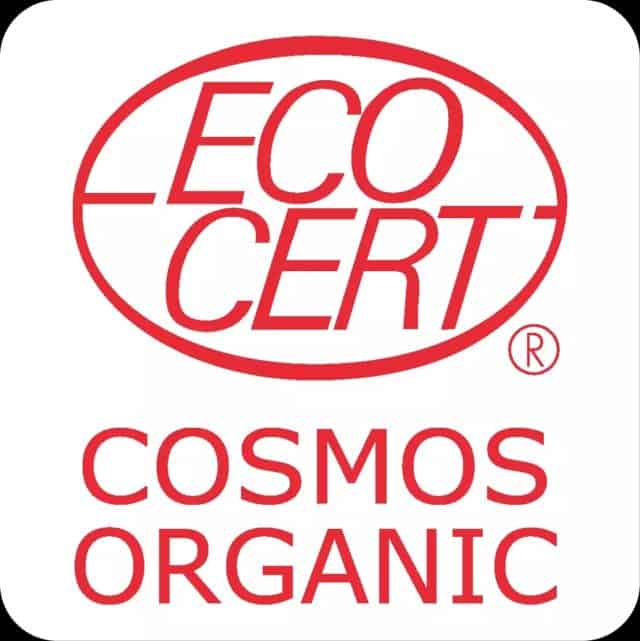
Eco-Cert is an independent company awarding voluntary certification that monitors organic products and sustainable development. Eco-Cert sets out to support the environment and encourages agricultural companies to adopt responsible practices. In the textile industry, products certified must be grown with materials in compliance with the Organic Cotton Standard. Their team of auditors works to strengthen participants’ commitment to reducing environmental impact.
Takeaways: An Eco-Cert certification not only shows that a company wants to support the environment, but also that they’re taking steps to become more sustainable.
1% for the Planet
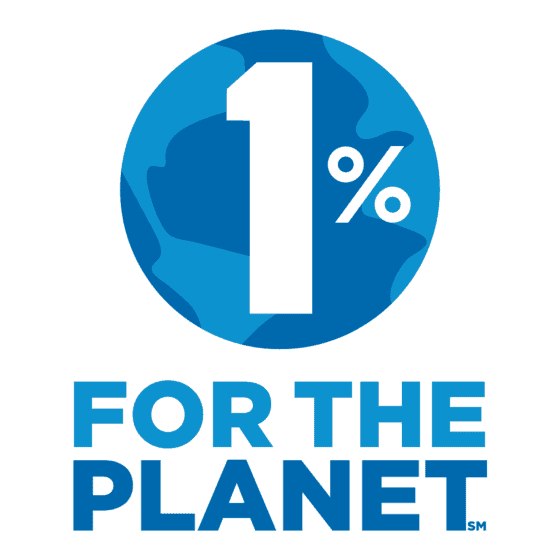
1% for the Planet membership is eligible to any company that is committed to giving back at least 1% of their sales to the environment. A membership isn’t just for companies though: individuals who pledge 1% of their annual salary, whether that be through money or volunteer work, can also join the 1% for the Planet network. Their mission is to “bring dollars and doers together to accelerate smart environmental giving.” If a brand is a 1% for the Planet member, it’s a good clue that they are committed to more than just profit.
Takeaways: 1% for the Planet membership isn’t a good way to judge whether or not a brand is sustainable. However, it is a good way to see a brand’s ongoing commitment to the planet.

VEGAN
PETA Approved Vegan
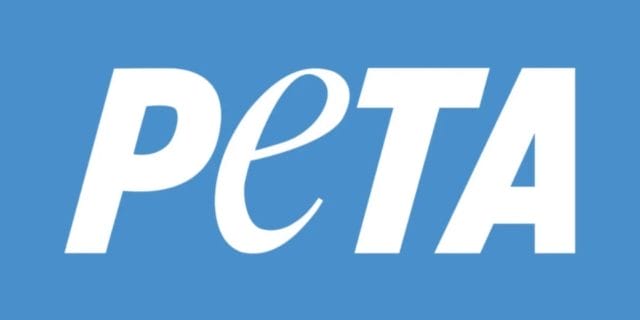
PETA certifies apparel, accessories, furniture, or home decor products to be animal-free. Note that participants do their own self-auditing, and there are no audits to confirm that participants are being truthful.
Takeaways: While this certification can give an idea of whether or not a product is vegan, it’s a good idea to double check or look for other forms of verification.
Tools for Conscious Consumers
As clothing brands become more and more conscious about ethical and sustainable practices in the manufacturing process, it can be difficult to determine which certifications actually hold up to what the brand is claiming. If you want to do your own research then we hope this guide helps!
Looking to save time? The great thing about Eco-Stylist’s certification is that we do the work for you! Here’s our two tools to help you cut through the noise and support good brands:
Got questions about ethical fashion certifications? Let us know!
Article updated 12/28/22.

Roxanna Barbulescu is a content writer at Eco-Stylist. She studies English and Creative Writing, and Health and Human Physiology at the University of Iowa. Roxanna also enjoys drawing, biking, and writing short stories.





